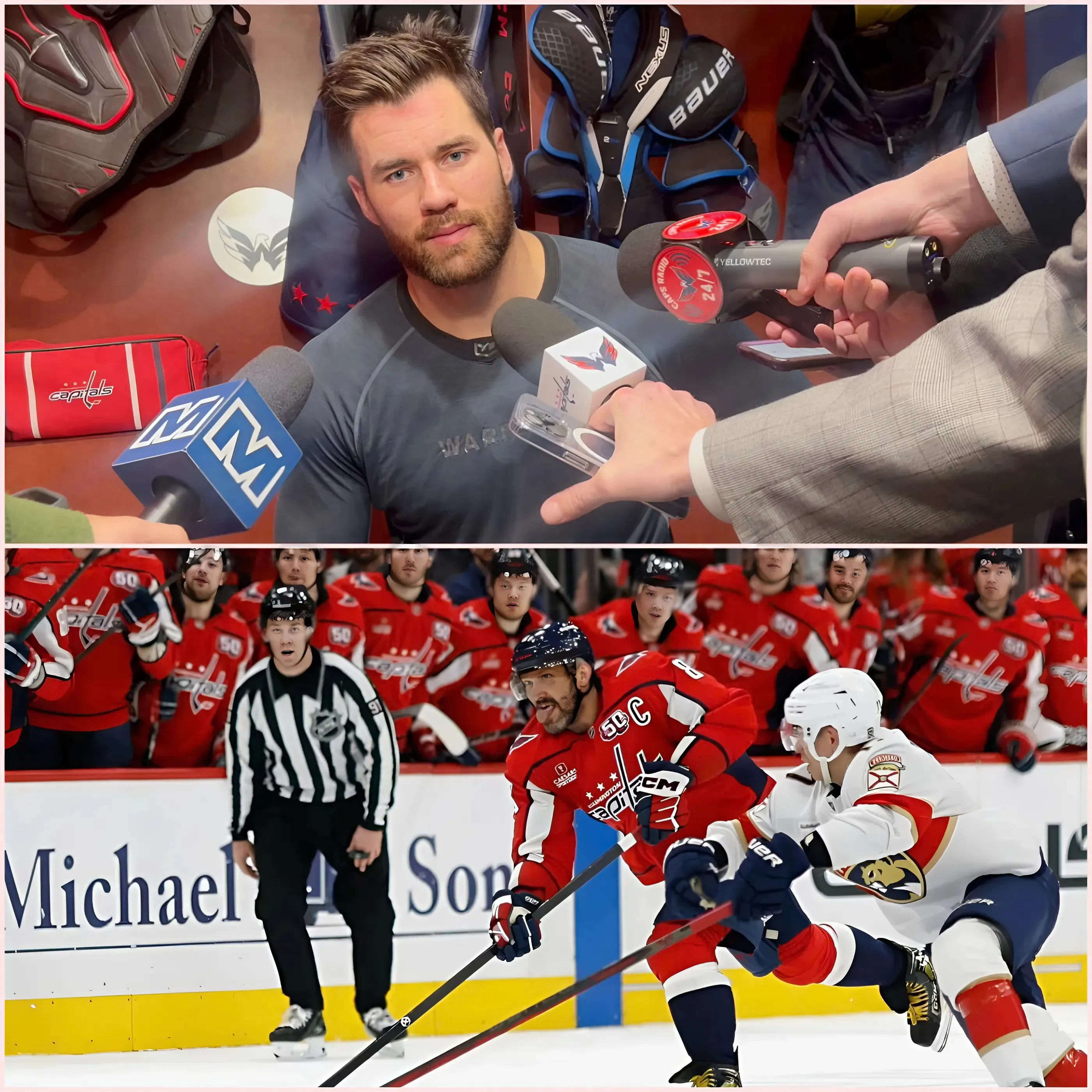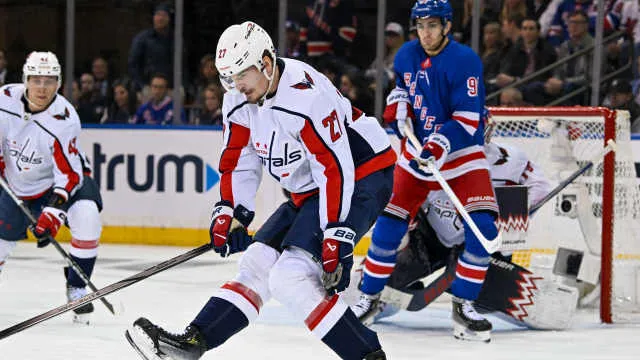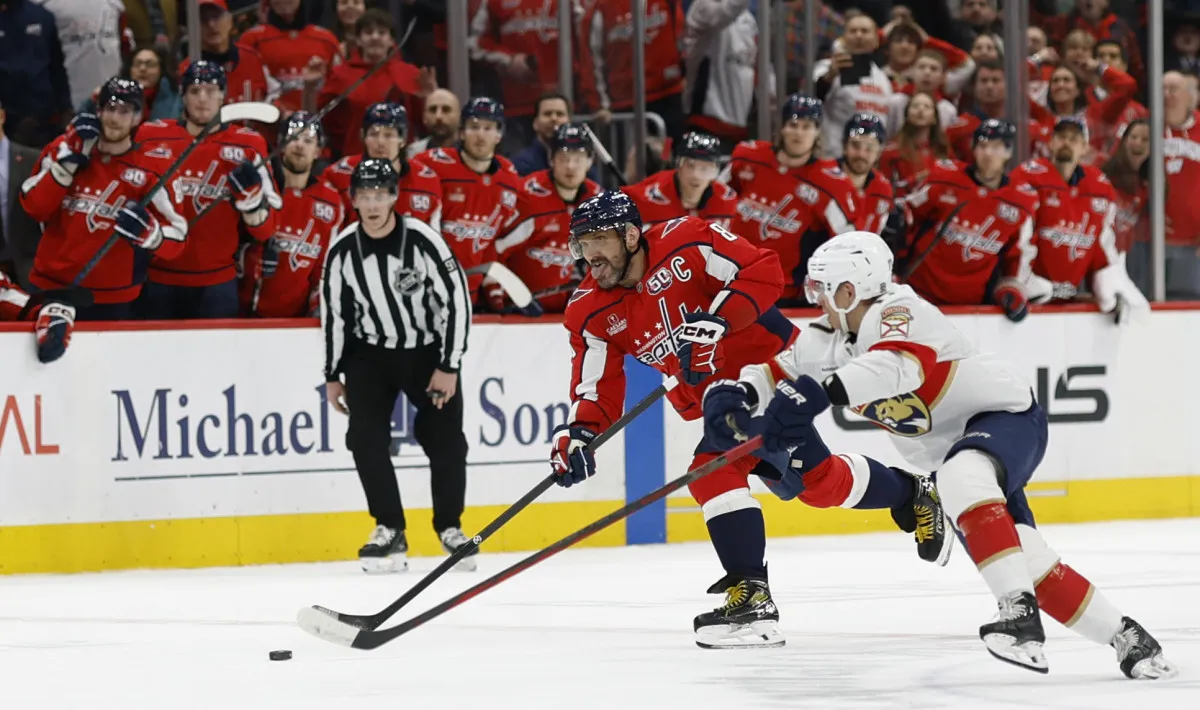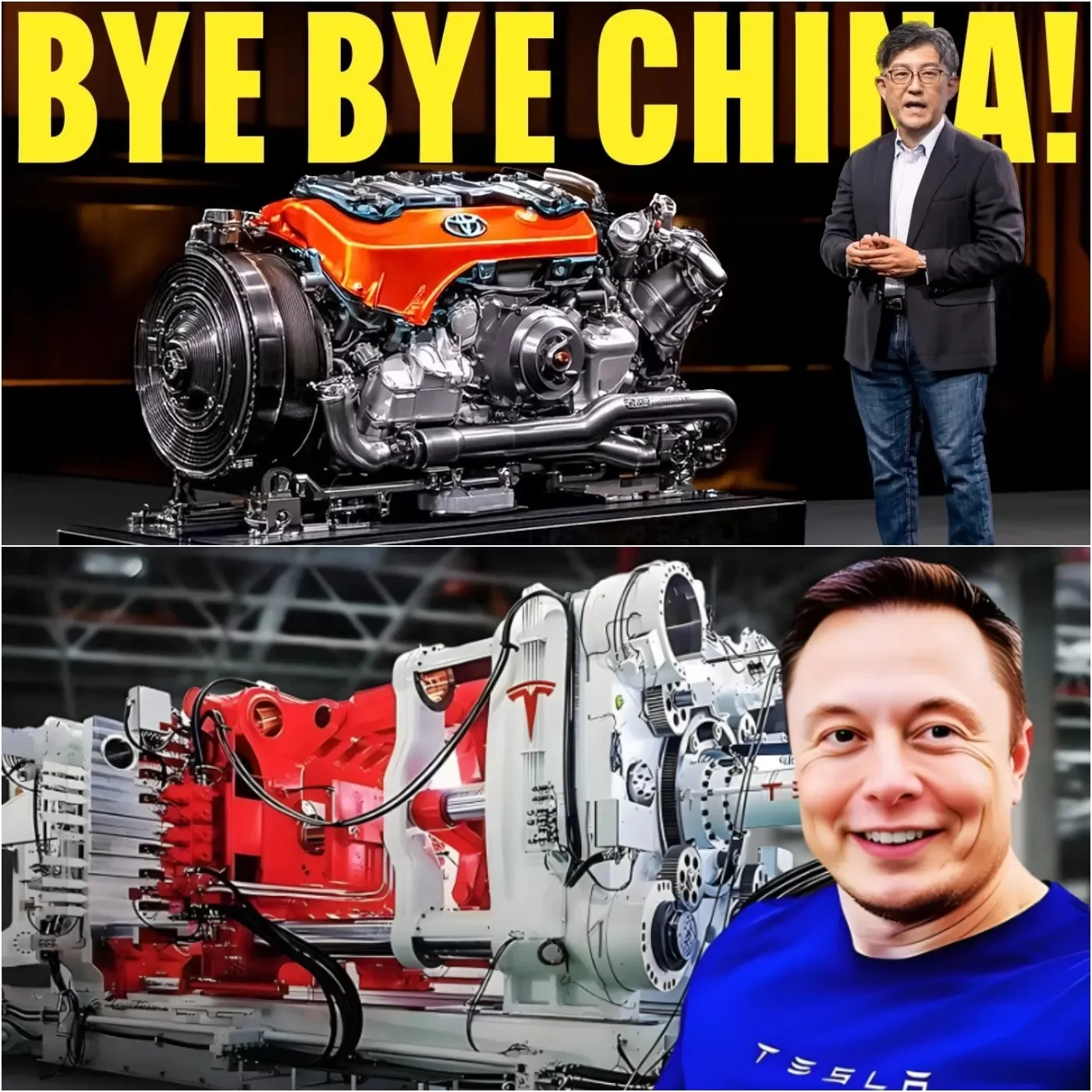The debate surrounding Alex Ovechkin and his empty-net goals (ENGs) has been a H๏τ topic in the hockey world. While some critics argue that his growing tally of ENGs inflates his career goal total, the Washington Capitals and many experts firmly defend their captain, emphasizing the difficulty of scoring in these situations and the vital role he plays when the opposing team has an extra attacker.

Ovechkin, one of the greatest goal scorers in NHL history, has accumulated a significant number of empty-net goals over his career. However, dismissing these goals as “easy” overlooks the strategic elements and challenges involved. The Capitals highlight that scoring into an empty net requires skill, awareness, and the ability to withstand high-pressure situations. Teams defending with an extra attacker are often relentless, and players must capitalize on rare opportunities while avoiding costly turnovers.

One of the main arguments against the criticism is that Ovechkin is trusted in these late-game scenarios, which speaks volumes about his defensive reliability and overall importance. Typically, coaches send out their most responsible players when protecting a lead, and Ovechkin’s presence in such moments indicates his ability to contribute beyond just goal-scoring. His positioning, decision-making, and physicality make him a crucial ᴀsset in defending one-goal leads before he can ice the game with an empty-netter.

Capitals head coach Spencer Carbery and teammates have voiced their support for Ovechkin, rejecting the idea that ENGs diminish his legacy. They argue that while an empty net removes a goaltender from the equation, it does not make the goal automatic. Players still face intense forechecking pressure, must execute precise pᴀssing plays, and often have to hit the net from long distances with defenders closing in. Additionally, the ability to convert on ENG opportunities is a testament to a player’s hockey IQ, positioning, and composure under pressure.

Beyond empty-net goals, Ovechkin’s overall contributions at 5-on-6 situations also deserve recognition. He has developed into a player the Capitals rely on defensively, helping clear pucks, blocking sH๏τs, and using his size to protect possession. While historically known for his offensive prowess, he has embraced a more complete game as he has aged, adapting his style to fit the needs of the team. His ability to play in crucial defensive moments further cements his value beyond just his goal-scoring records.
Comparisons with other NHL greats also highlight how empty-net goals are a natural part of a scorer’s career. Wayne Gretzky, the all-time goals leader, also had a considerable number of ENGs, yet his legacy remains unquestioned. Critics rarely bring up this aspect when discussing other legends, which raises the question of whether the scrutiny around Ovechkin’s ENGs is truly fair. If anything, his ability to consistently put himself in positions to score these goals reflects his intelligence and reliability in late-game scenarios.
The discussion about empty-net goals ultimately oversimplifies the reality of NHL hockey. Scoring goals at any point in a game requires execution, and empty-netters are no exception. They are often the result of a player’s ability to anticipate the flow of play, win battles, and seize crucial moments when the opposing team is pressing. The Capitals recognize this and continue to trust Ovechkin in these situations, knowing that his contributions go far beyond just padding statistics.
As Ovechkin continues his chase of Gretzky’s all-time goal record, the debate over empty-net goals is unlikely to fade. However, those within the game—coaches, teammates, and analysts—understand that these goals are part of a greater picture. They reflect a player’s ability to secure victories, close out games, and contribute in key moments. Whether it’s scoring in an empty net or in a тιԍнтly contested battle, Ovechkin’s impact on the ice remains undeniable.





